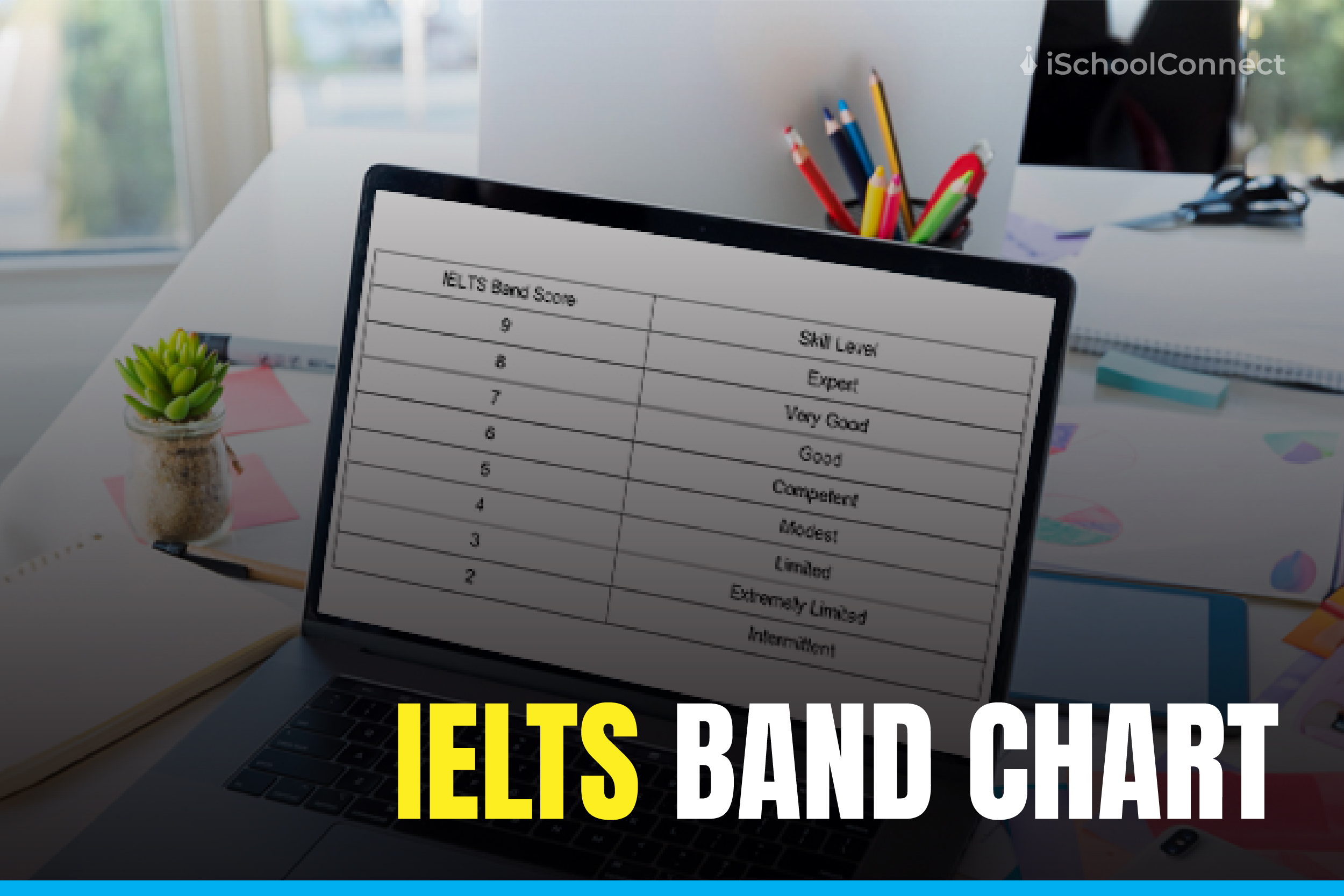Table of Contents
How to introduce yourself in English | Learn the professional way
First impressions count, and your communication style at college or work will help you build stronger bonds with teachers, clients, classmates, and colleagues. Hence it is important to know how to introduce yourself in English for a smooth conversation. Your first impression of someone will affect how they view you and how you feel about them.
In addition, introductions are crucial to your professional success. Hence when introducing yourself, you must not be hesitant and practice multiple times before starting a communication. Typically, people state introducing themselves with their name and their position. You need to deliver key points that the other individual can remember without making it look like an essay.
Effective ways to introduce yourself in English
The first impression about the candidate is formed in five to ten minutes. Hence, you must act confidently, smile, remain unnerved, and speak briefly and concisely about yourself. Moreover, your formal introduction has some greeting salutations and a few popular expressions. Having self-assurance and knowing how to introduce yourself in English according to certain basic norms is also necessary for comfort in a casual setting. Below are some examples of how to introduce yourself in English.
1. Who are you?
The initial step to introduce yourself in English is to mention your name. You can use the below terms to introduce yourself:
- My name is XYZ
- I think we’ve already met, or I don’t think we ever met (before).
- I’m XYZ
- Lovely to meet you; I’m XYZ
- Let me introduce myself; I’m XYZ
- Delighted to meet you; I’m XYZ
- I’d like to introduce myself; I’m XYZ
- My name is XYZ, but you can call me ABC
2. What do you do?
While this second step might sound easy, it is the most significant part. Usually, individuals say their names and stop. However, there are many more things you can say that are as follows:
- I am a student or working professional
- But really, I am studying or working
3. What others ought to learn about you
The last part of a professional introduction comprises adding other details about yourself relevant to the people and the context. Below are some phrases you can use to let people know about you:
- Today, I’d like to walk you through…
- For the next few minutes, I will explain the following.
Tips to remember while introducing yourself

Below are some tips you must remember when introducing yourself in English.
1. Break the ice
The phrase “break the ice” is used frequently in English. It implies “to feel at ease around someone.” There are various ways to strike up a conversation with a stranger. It is advised to memorize no more than two or three of them so you won’t forget them. Choose phrases that you can use anytime, anywhere.
The most crucial aspect is that you feel at ease introducing yourself using them. Furthermore, asking for basic details is the most excellent method to start a conversation after the initial welcome, and a compliment is a fantastic icebreaker. So before initiating English communication, discover something positive about them, then let them know.
2. Prepare some basic self-information answers
Make sure you have some basic information about yourself ready to present yourself with poise and flawless English when the time comes. You can still prepare a general response if a question is very specific. To keep the conversation interesting, start by saying something encouraging and add more information. Ultimately, reply to the other person’s inquiry.
3. To start a conversation, ask follow-up questions.
Allowing the person you’re speaking with to introduce is part of presenting yourself. Prepare a few simple questions and topics to start a genuine conversation. Questions are usually preferable to comments because they force the other person to speak, giving you time to think of new things to say.
4. Continue the conversation by asking more questions.

If you’re not certain about your English skills, listening is far easier than speaking. Pay attention to the responses to your initial queries and request more information. Moreover, individuals frequently have similar talks when they meet new individuals to introduce themselves and get to know each other better. That is why it is essential to practice some introductions and memorize often-asked questions. Also, be mindful to keep the communication constructive. If someone disagrees with you, don’t say anything negative!
5. Have an exit strategy
If you realize that you don’t have anything else to say or that you’re not connecting with the person you’re speaking with, you’ll need a courteous method to depart. Otherwise, there may be many awkward minutes of silence.
6. Smiling and being confident
Most individuals will appreciate your communication style more than focusing on your grammar. Continue speaking even if you make an error in your introduction. People will remember your confidence more than any minor mistakes. Finally, practice saying these terms at home or with a friend, so you’ll be ready when you meet someone new.
Key takeaways
- Before attending that professional event, practicing potential conversations as much as you need can be beneficial until you feel at ease and pleased with your responses.
- You can never foresee a discussion unfolding, but you must be prepared for the most prevalent scenarios!
- The more comfortable you are answering the fundamentals, the more confident you will be when the topic takes an unexpected turn.
We hope you enjoyed reading this blog. In case of any queries, reach out to us or drop a comment below!
Like this blog? Then read: 5 Popular Types of Interview styles you should know!
FAQ
Q1. How do you conclude a self-introduction?
Answer- The best way to conclude your self-introduction is by stating, “Thank you, that’s all about me.”
Q2. How do you properly introduce yourself in a conversation?
Answer- Address the subject of your speech, begin with a strong introduction, and relate your conversation to the other person.
Q3. Why is a proper introduction important?
Answer- Introducing yourself properly helps others learn about your individuality, character, and other important things related to you.







